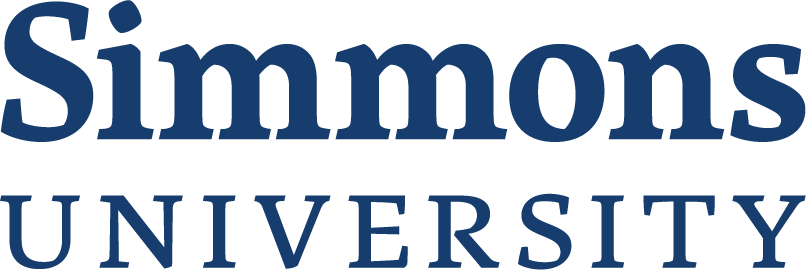Gender & Sexuality in Information Studies Colloquium, Simmons College, Boston, MA
Posted November 28, 2017
How do gender and sexuality WORK in library and information studies?
Gender and sexuality play various roles in the production, organization, dissemination, and consumption of information of all kinds. As categories of social identity, they do not act alone but in interaction and intersection with race, class, nation, language, ability and disability, and other social structures and systems. These intersections have been explored by information studies scholars, librarians, archivists, and other information sector workers in various contexts, including at two previous colloquia in Toronto (2014) and Vancouver (2016).
The planning committee for the 2018 Gender and Sexuality in Information Studies Colloquium invites you to continue these conversations July 20-21, 2018 in Boston, Massachusetts at Simmons College.
We invite submissions that address gender and sexuality and WORK: working it and doing the work, organized labor and emotional labor. The colloquium takes place in a moment of intensification both of various systems of oppression and resistance movements to them. As conservative national, state, and local politics and policies threaten healthcare and abortion rights, intensify the militarization of national borders, and attack organized labor from multiple directions, we are heartened by surges of organizing, activism, and direct action against them. In the information sector we see renewed focus on issues related to diversity and inclusion, open access and open collections, and critical approaches to everything from teaching to data management. Feminist and queer theory and practice are central to the work of making new and just worlds.
We are especially interested in submissions that link gender and sexuality to other, intersecting forms of difference. Potential topics might include:
- Gender, race, and class dimensions of “professionalism”
- Sex and sexuality in materials selection, organization, preservation, and access
- Intersections of social, political, and cultural organization with information organization
- Information practices of diversity, equity, and inclusion
- The work of the “normal” in information studies and practice
- Labor organizing in information workplaces
- The ways that gendered or feminized labor is and is not documented in the historical record
- “Resistance” as a mode of information work
- Ability and disability as structuring forces in libraries and archives
- How information workers inhabit, deploy, restrict, and manifest as bodies at work
- Eroding distinctions between work and leisure
- Distinctions between embodied, emotional, intellectual information work
- Contingent and precarious labor in the information workplace
- Ethics of care and empathy in information work
- Masculinity and power in libraries and archives
- Desire in the library and archive
We invite submissions from individuals as well as pre-constituted panels. Submit your proposals here: https://bit.ly/GSISC18
Deadline for submission: December 15, 2017
Notification by February 1, 2018
Registration opens February 15, 2018
Please direct any questions or concerns to Emily Drabinski at [email protected]
More information here.
